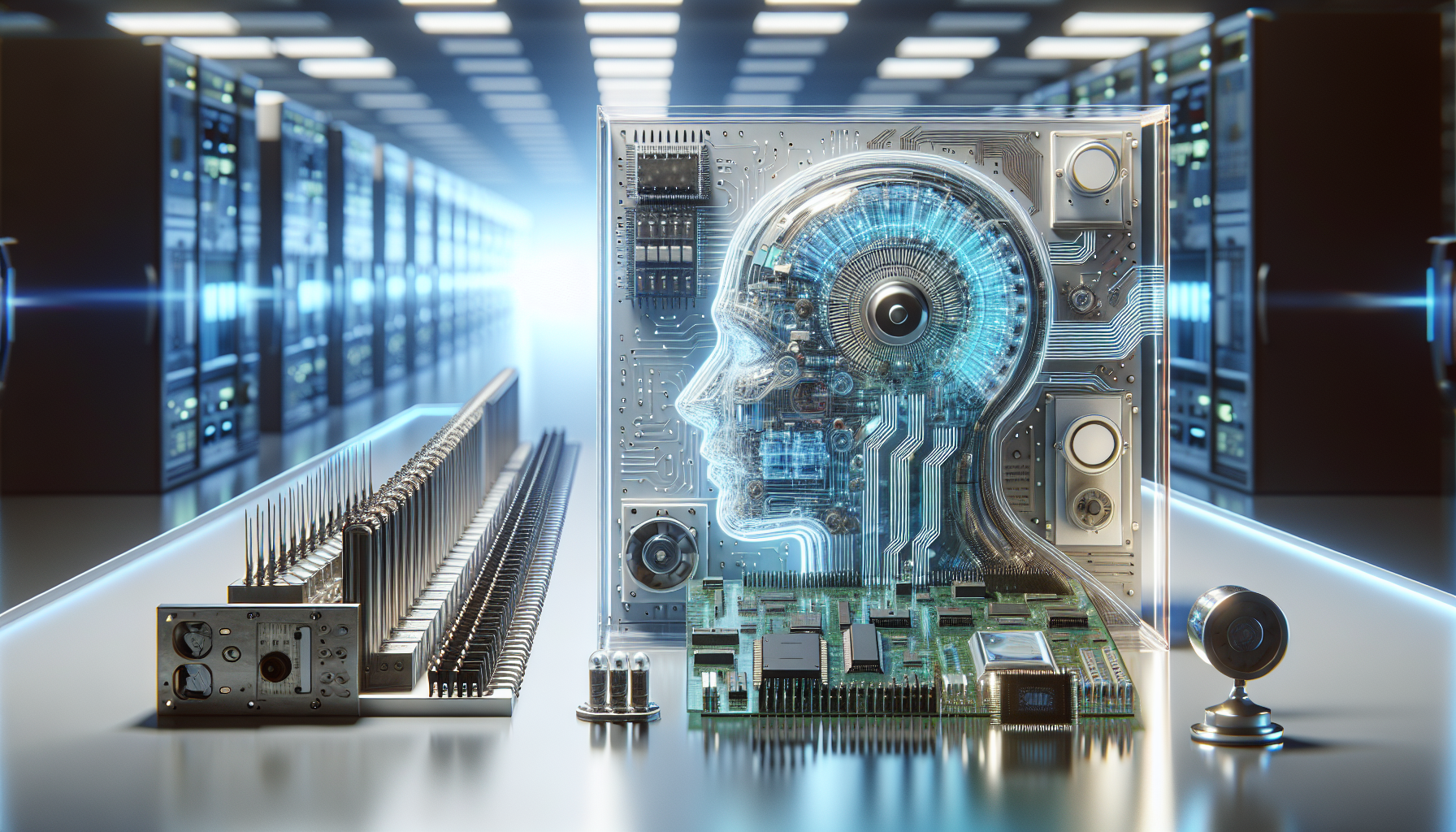
AI in Entertainment: Transforming Media and Gaming for a New Era
September 17, 2025
Artificial intelligence is not merely a tool or a technological advancement; it is a catalyst for change, particularly within the realms of entertainment and gaming. With its profound ability to analyze, adapt, and personalize, AI is redefining how we consume content and interact with digital worlds. It evokes excitement and curiosity as it reshapes an industry that thrives on creativity and innovation.
Imagine a world where your favorite television series reads your emotions and tailors its narrative to better suit your mood, or a game that evolves based on your unique play style, offering challenges that are perfectly calibrated to your abilities. This is not the distant future; it is the burgeoning reality AI is crafting in entertainment today.
At the heart of this transformation is AI's capacity for personalization. Streaming platforms employ sophisticated algorithms to recommend content based on viewing habits and preferences, making the overwhelming task of choosing what to watch next seem effortless. These algorithms go beyond simple genre categorizations, delving into the nuances of storytelling elements that resonate with individual users. As AI learns and evolves, it enhances the viewer's experience by presenting a curated selection of content that feels tailor-made, increasing engagement and satisfaction.
Similarly, in the gaming industry, AI is revolutionizing both game development and player interaction. Procedural content generation, driven by AI, allows developers to create expansive, dynamic worlds that offer a unique experience each time a game is played. This not only enhances replayability but also reduces the time and resources required to develop vast gaming environments. Moreover, AI-driven non-playable characters (NPCs) are becoming more intelligent and responsive, providing players with more realistic and immersive interactions that adapt to player behavior.
However, the integration of AI in entertainment is not without its challenges and ethical considerations. One of the most significant concerns is the potential for AI to reinforce existing biases. When algorithms are fed data sets that reflect societal prejudices, there is a risk that these biases will be perpetuated or even amplified. The entertainment industry, therefore, bears the responsibility of ensuring that AI systems are trained on diverse and representative data. This not only mitigates bias but also promotes inclusivity, allowing for a richer and more varied tapestry of stories and experiences.
Another point of contention is the impact of AI on creativity itself. Critics argue that relying on algorithms to generate content could stifle human creativity, reducing art to a formulaic process. While AI can indeed produce music, scripts, and even entire films, it is essential to remember that creativity is deeply rooted in the human experience. AI should be viewed as a collaborator rather than a replacement, augmenting human creativity by handling repetitive tasks and providing new insights that inspire novel ideas and approaches.
Furthermore, the use of AI in entertainment raises questions about privacy and data security. As AI systems become more adept at understanding and predicting user behavior, the amount of personal data they require increases. This necessitates robust measures to protect user information and ensure transparency about how data is collected and used. Entertainment companies must prioritize consumer trust by implementing stringent data protection protocols and offering users control over their personal information.
Despite these challenges, the potential benefits of AI in entertainment are immense. AI opens doors to new forms of storytelling and gameplay that were previously unimaginable. It empowers creators with tools to push the boundaries of what is possible, inviting audiences to explore new narratives and experiences that evolve with them. The fusion of human creativity and AI's computational prowess holds the promise of a richer, more engaging entertainment landscape that caters to diverse tastes and preferences.
As we stand on the cusp of this new era in entertainment, it is crucial to navigate the integration of AI thoughtfully and ethically. Stakeholders must engage in dialogue about the implications of AI, fostering an environment where innovation and responsibility go hand in hand. By doing so, we can ensure that AI serves as a positive force, enhancing creativity and enriching the human experience.
In the end, the question remains: How will we harness the transformative power of AI to create a more vibrant and inclusive entertainment landscape that reflects the diversity of human experience? This is an exploration worth pursuing, as the answers will shape the future of media and gaming for generations to come.


